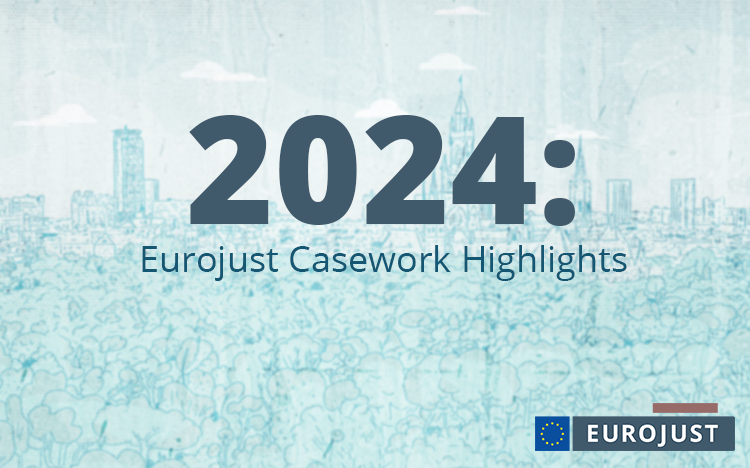by Olli Rehn
Distinguished Guests, Ladies and Gentlemen, Dear Friends, let me start by thanking the Hong Kong Monetary Authority for hosting this topical and thought-provoking conference. Discussing the changing global economy in “Asia’s World City” is, of course, very appropriate. As the title of the conference implies, the global economy is undergoing a transformation. In my talk today I would like to address a key aspect of this transformation, namely decoupling and fragmentation in the global economy. Is there evidence of geoeconomic fragmentation in the global trade and investment data? Or is global trade simply following the same trajectory as global economic output? There is, of course, an important difference between the paths of global trade and global output. Continue reading…









